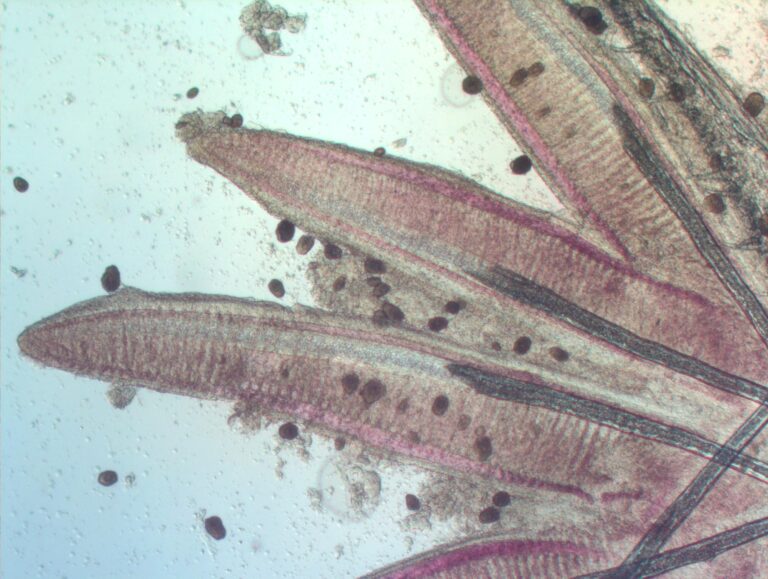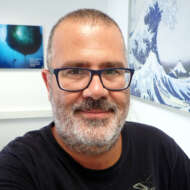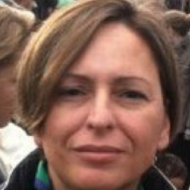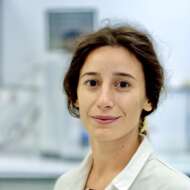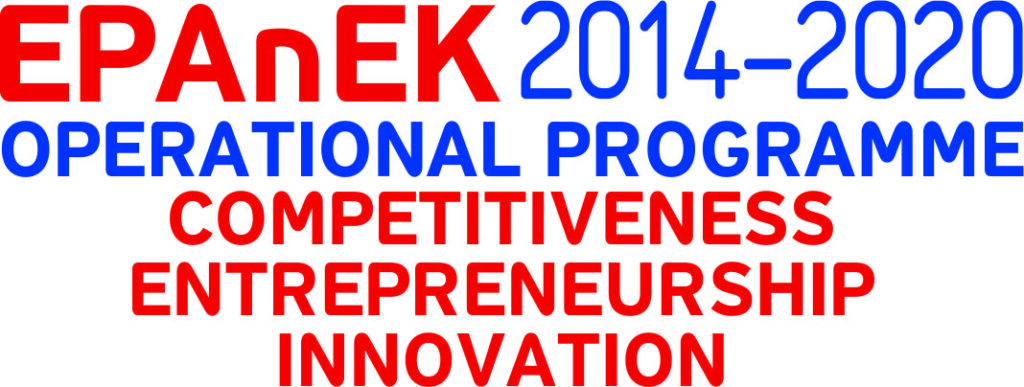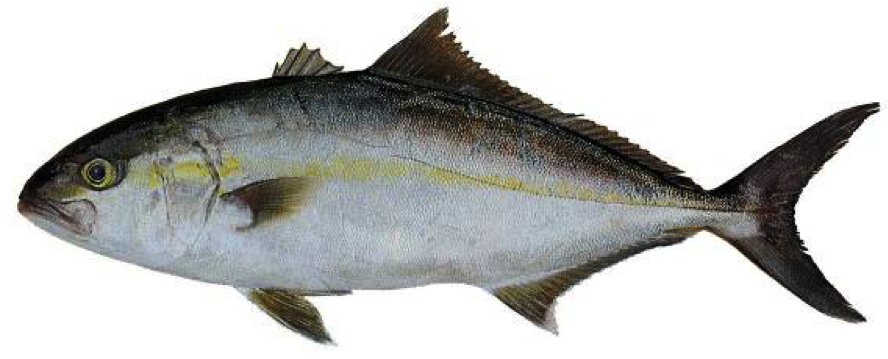Fish Health
Key research areas
Bacteriology, Parasitology, Histopathology, Immunology, Histopathology, Pharmacology, Disease prophylaxis, Therapeutic strategies.
People involved
| Research Directions |
| Services |
|
|
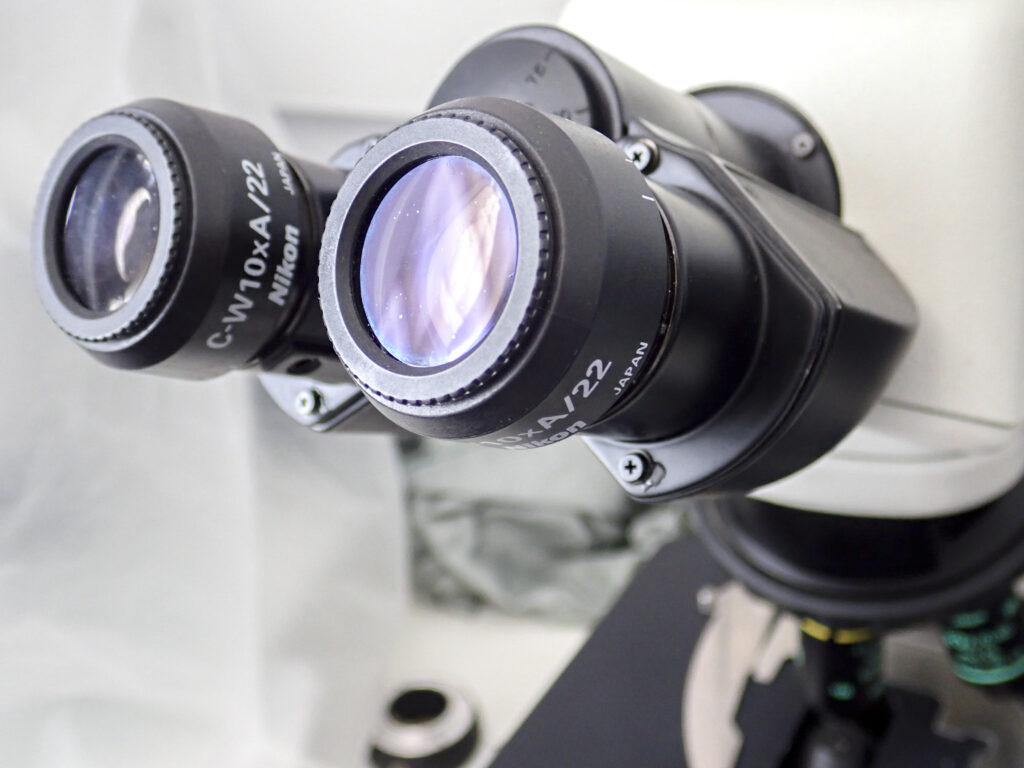
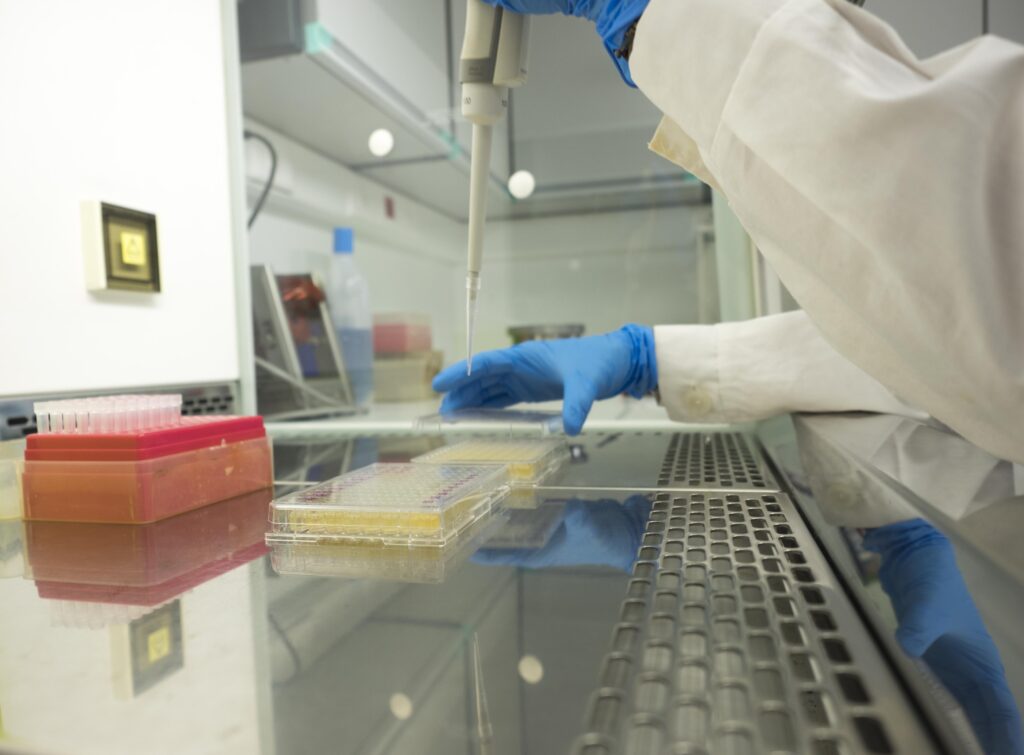
The Fish Health laboratories of IMBBC in Anavyssos and Crete are suitable for a full range of bacteriological, parasitological and viral procedures for the diagnosis of fish disease. Pathogen identification is achieved using a wide range of detection tools offered by other laboratories of the institute (eg the micro Computer Tomography) or other collaborating laboratories (Electron Microscopy Laboratory of the University of Crete). Our capacities also include the assessment of the in vitro efficacy (MIC) of antibacterials, but also in vivo evaluation of herbal extracts and natural products.
The Aquaculture Microbiology laboratory curates a large collection of bacterial pathogens from the Greek aquaculture industry. It is fully equipped with BSLII cabinets, cooling incubators, genetic analyst, bioreactor Eppendorf BIOFLO 320, PCR, centrifuges, etc. A separate histology laboratory with stereoscopy and digital microscopy is also available, supported by Image Analysis processing. This facility includes a rotary tissue processor with multi-stations (histokinette), embedding stations, rotary microtomes, water baths, slide warmer plates, portable bench, top fume hoods and staining systems).
The facilities also include an intra-discipline Chromatography laboratory for the detection of veterinary drug residues and the implementation of pharmacological studies. A fully-equipped Fish Immunology laboratory examines the effects of nutritional, environmental and therapeutic stimulants on the non-specific immune system. The laboratory is equipped with laminar flow hood, cooling incubators, microplate spectro-photo-lumino-fluoro-meter, microplate washer, inverted microscope, centrifuge and cell counter.
Related Content
-
- DIAGNOSTICS AND PREVENTION FOR FISH PARASITE CONTROL IN AQUACULTURE ”Parasitic disease management” http://www.medaid-h2020.eu/elearning/FishParasites_2019/en/Rigos/#/lessons/9dNODIdrFFPHG35RSzrszJjBjD49wuVG
- Parasitic leeches of the sea turtle, Caretta caretta. Injured sea turtles are frequently hosted at the Cretaquarium until they are fit again to be released back in the sea. In this specific case, the injured sea turtle was heavily parasitized by the marine leech, Ozobranchus margoi. In this video you can see the turtle and the parasites. https://vimeo.com/173156617
Two articles have been produced from these incidents, one describing the parasitic leech and one about treating the parasites. These publications are here:https://dx.doi.org/10.1053/j.jepm.2017.05.006 – https://dx.doi.org/10.11646/zootaxa.4337.1.4Interestingly a related leech found in freshwater in Japan can survive after exposure at extremely low temperatures, even in -196oC - Greater amberjack Seriola dumerili farming in Mediterranean; diseases & treatment solutions (https://doi.org/10.1111/raq.12476)
- Pathological obstacles of newly-introduced fish species in Mediterranean mariculture; a review (10.1007/s11160-009-9120-7)
- Antibacterial agents in Mediterranean finfish farming: a synopsis of drug pharmacokinetics in important euryhaline fish species and possible environmental implications (10.1007/s11160-005-7850-8)
- A critical approach on pharmacokinetics, pharmacodynamics, dose optimization and withdrawal times of oxytetracycline in aquaculture (https://doi.org/10.1111/raq.12055
